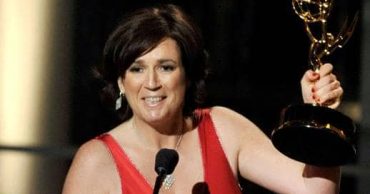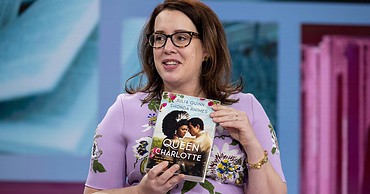Welcome to an exploration of the minds behind the quirks and quarks of ‘The Big Bang Theory’. As we delve into the world of this beloved sitcom, we often wonder how much of it mirrors the real lives and personalities of scientists. Let’s embark on a journey to uncover the inspiration drawn from the scientific community that brought these characters to life.
Sheldon Cooper and His Nobel Predecessor
When we think of Dr. Sheldon Cooper, his distinctive blend of brilliance and social ineptitude comes to mind. Rumor has it that Sheldon Lee Glashow, a Nobel Prize-winning physicist, may have lent some of his traits to our favorite on-screen genius. It’s fascinating to consider how Glashow’s accomplishments and peculiarities might have colored Sheldon’s character. Sheldon Cooper may have been inspired by real-life physicist Sheldon Lee Glashow. For one, Glashow and Cooper both have a Nobel Prize to their name,
suggesting a nod to real-life academia in the show’s fabric.
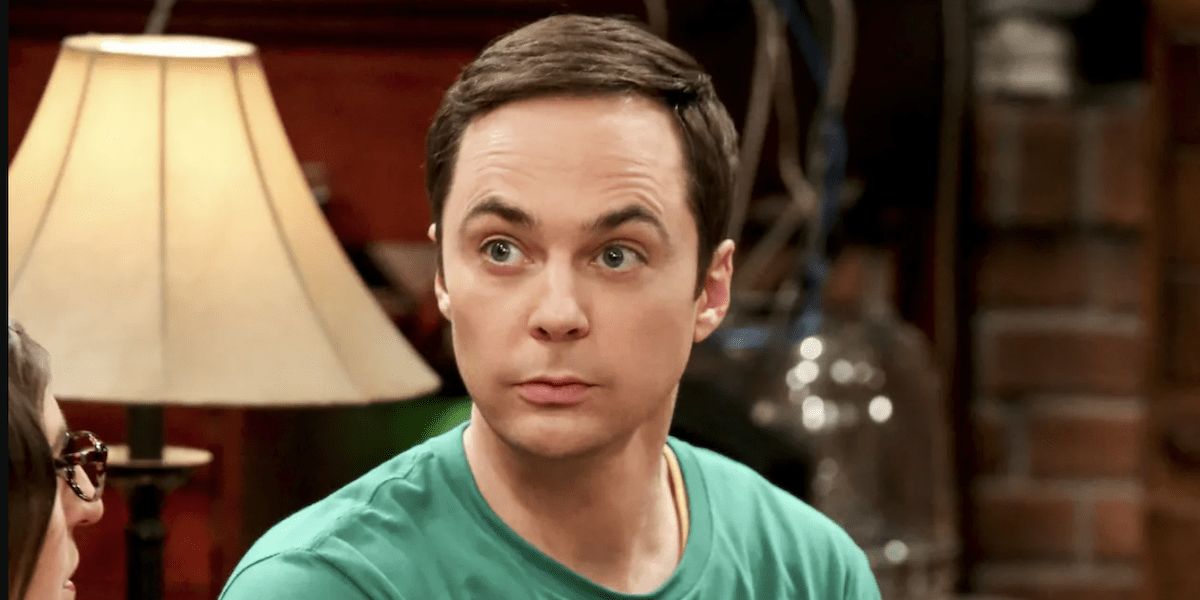
Leonard Hofstadter Particle Physicist at Heart
Like his roommate, Dr. Leonard Hofstadter‘s character is steeped in the world of particle physics. His passion for science often echoes the sentiments of historical greats, as he once proclaimed, We’re physicists. We are the intellectual descendants of Archimedes. Give me a fulcrum and a lever, and I can move the Earth.
This connection to real-life scientists and their profound discoveries adds depth to Leonard’s role and reminds us of science’s timeless pursuit.
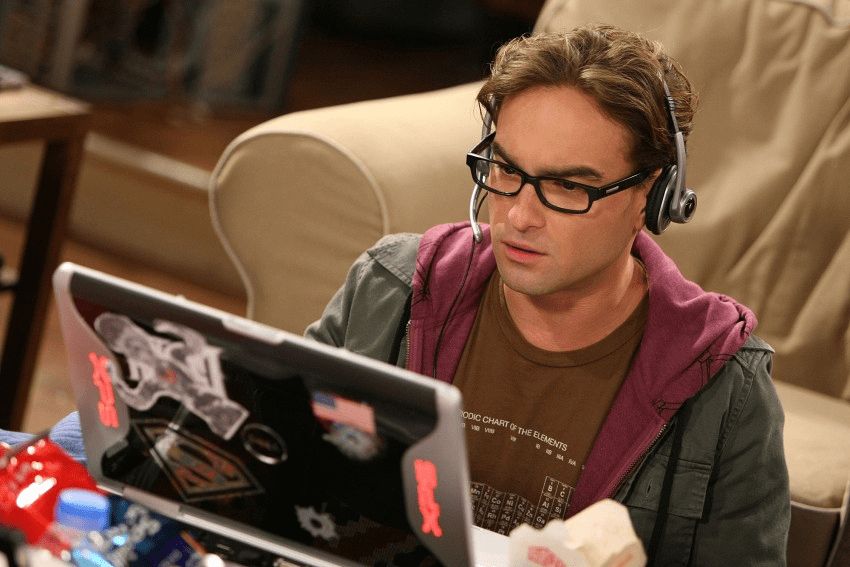
Amy Farrah Fowler Mirrors Mayim Bialik’s Real PhD
The character of Dr. Amy Farrah Fowler is particularly intriguing as actress Mayim Bialik’s own background in neuroscience informs her portrayal. With a PhD in neuroscience, Bialik brings authenticity to Amy, blending her scientific acumen with a charming wit. She shares her experiences in her presentations, as she explores the work of the brain, of behavioral development, of her life as an actress and scientist…
, highlighting how personal expertise can enrich a character.
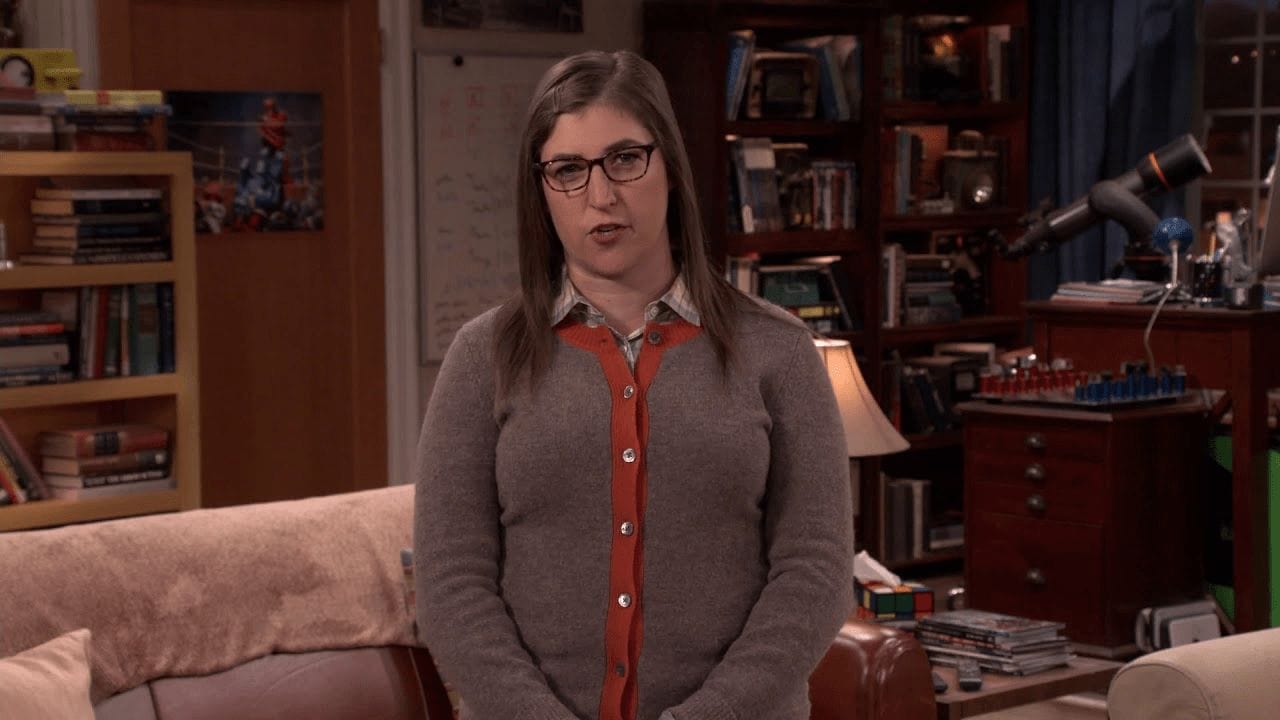
Rajesh Koothrappali and the Stars
Astronomy buffs can find solace in Dr. Rajesh Koothrappali‘s portrayal on screen. Despite some criticisms for oversimplifying complex topics, Raj’s character embodies an astronomer’s curiosity and wonder about the cosmos. His connections with real-life astronomers like Neil deGrasse Tyson through cameos add layers of authenticity to his role.
Bernadette Rostenkowski-Wolowitz A Microbiologist Among Us
The show not only champions physicists but also gives voice to other disciplines through characters like Dr. Bernadette Rostenkowski-Wolowitz. Her microbiology background reflects the show’s commitment to showcasing scientific diversity. While specific real-life inspirations for Bernadette aren’t clear-cut, her character contributes to a broader representation of scientists on television.
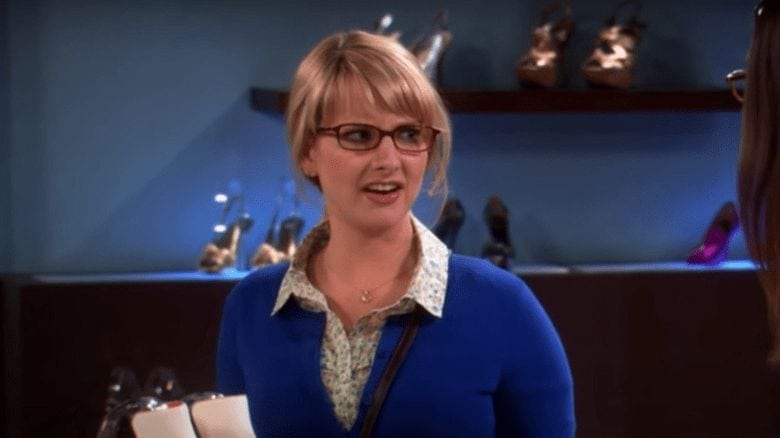
The Unsung Heroes Scientific Consultants
The show owes much of its scientific credence to consultants like UCLA professor David Saltzberg who ensure accuracy in dialogue and scenarios. Their unseen efforts help combat stereotypes by portraying scientists as multidimensional characters rather than just ‘mad scientists’ from literature or film.
Cameos That Count
The series has been graced by cameos from luminaries such as Stephen Hawking, whose interactions with Sheldon Cooper are both humorous and heartwarming. These guest appearances serve as a testament to the show’s reach within the scientific community and its commitment to authenticity.
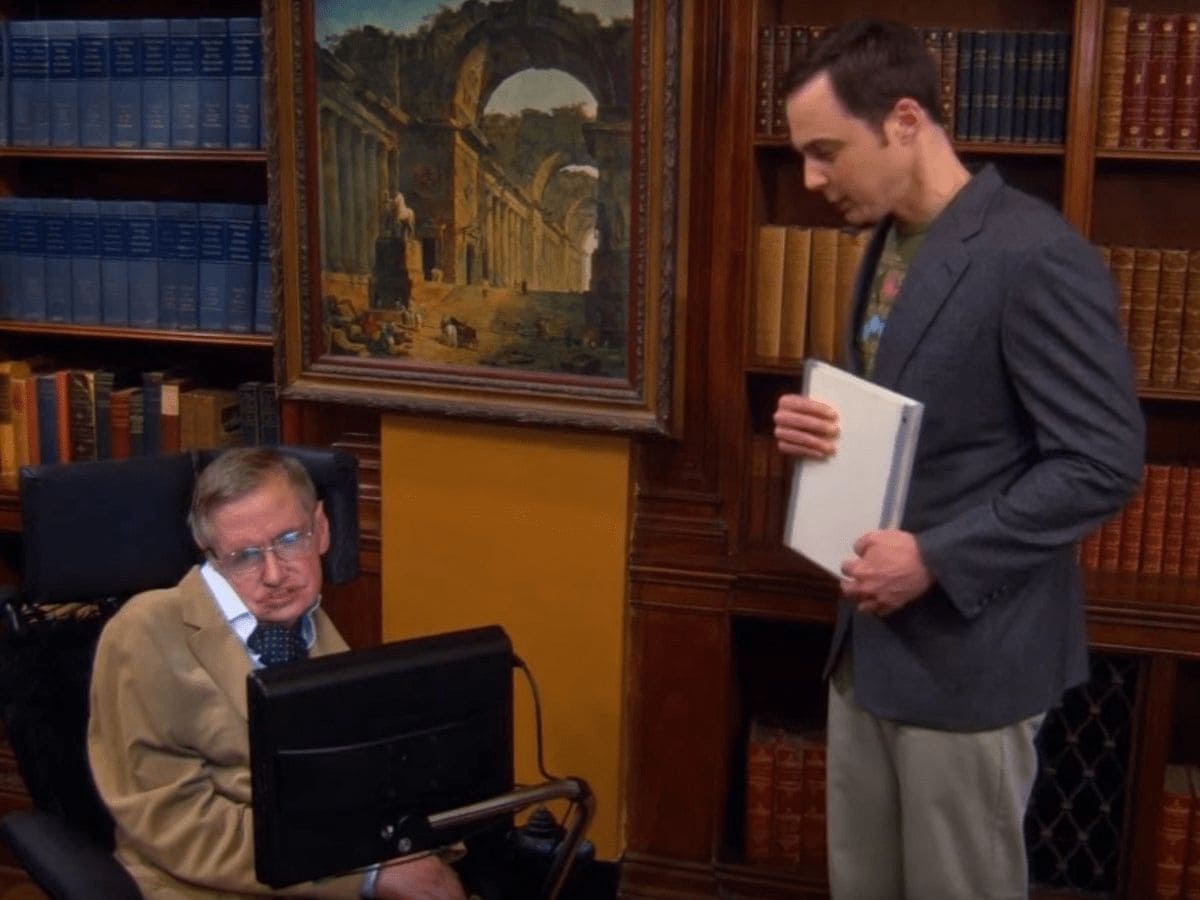
In conclusion, ‘The Big Bang Theory’ has been significantly influenced by real-life scientists, both in its characters and its approach to science storytelling. This interweaving of fact with fiction not only entertains but also educates, fostering a greater appreciation for science in popular culture.
 Follow Us
Follow Us


